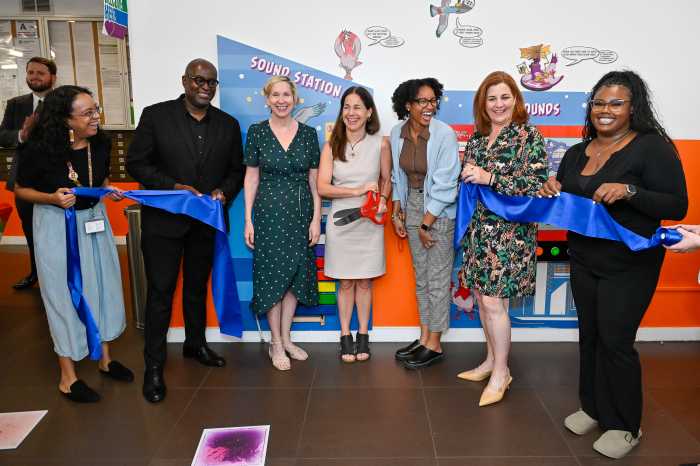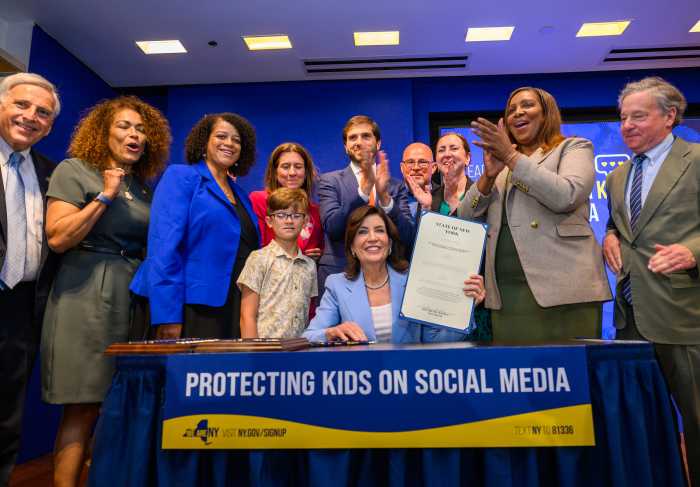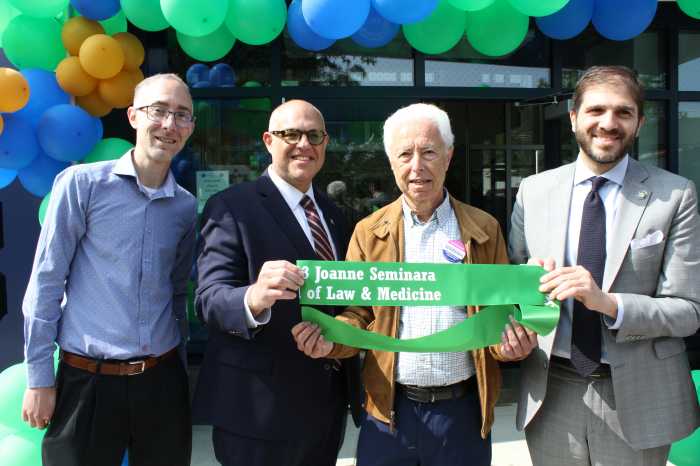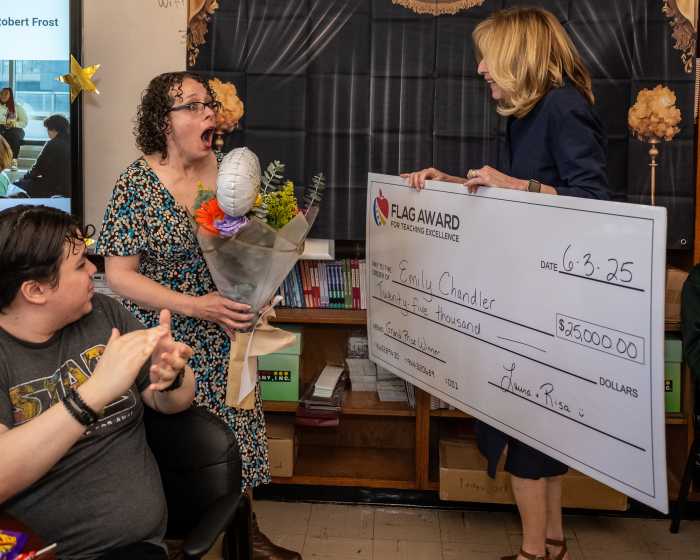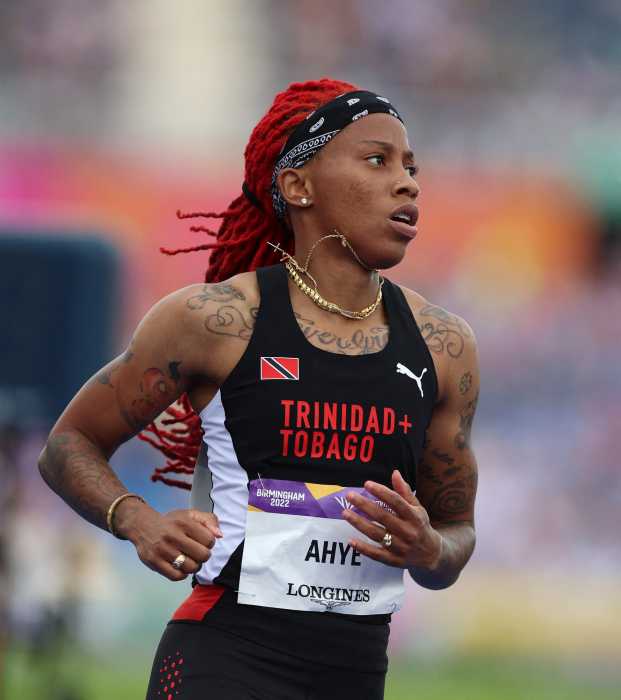Growing up, I loved to debate people. Well, I didn’t always love it. Actually, it would often get me into trouble, and I hated it. But I did it anyway. I’m not sure why. I was born with it, like that little birthmark on the side of my nose that people often think is a nose ring.
Because of my affliction, I joined Speech & Debate in high school. But I remember how quickly I gave up on debate. I think I was asked to defend something I didn’t believe in, and…well, I just couldn’t. I gave up debate in favor of reading poems and humorous essays.
I’ve been thinking about that a lot lately, though. How I shouldn’t have quit the debate team; about how important it is to learn to defend “other side.” I did it a lot as a journalist, of course — trying to impart a balanced view of things — but in everyday life, I often get stuck thinking that how I think is how everyone thinks. And then I’m shocked to find that just isn’t true.
How can we understand each other? I went to a live taping of “The View” with my mom a couple years back. She loves the show and was super excited. We waited on line outside, then waited inside, then we were led to specific seats. There was a comedian whose job it was to entertain us as we waited for the ladies to arrive on stage. He asked us a lot of questions including how many of us were Democrats. Almost everyone clapped. When he asked how many Republicans were in the room, it was a light smattering, maybe two or three of the whole viewing audience.
The show began, and there was a lot of politics, mostly making fun of Trump for stupid things he’d done. Everyone was laughing and cheering. There was a sense, though, among the ladies on stage — the stars, — that they were frustrated with the state of things in this country; that they wanted things to get better; that they wanted there to be less strife in the government; that they wanted there to be more accomplished and yet…
That day, they had pre-taped the special guest – Idris Elba – so we had time for a Q & A. I put my hand up to ask a question, but then put it down again. There were so many questions. At the very end, the comedian pointed to me. “Did you have a question?” he asked. And I nodded.
I stood up and Whoopi and the gang stared up at me.
“Yes, hi. Well, I was just wondering, I mean, at the beginning of the show you asked how many of us were Democrats and how many were Republicans, and it’s clear that the audience is mostly Democrat. And I assume your viewing audience is pretty similar. And so I’m wondering, if you’re trying to bring this country together, and then you’re just talking to Democrats, and pointing out everything that’s wrong, and making fun of it…I mean, how are you going to change anything?”
Whoopi had been pretty checked out of the conversation, until then. She came alive. I can’t really remember what she said, exactly, because she had no defense really. It was a one-sided show presenting people with a perspective they already had and just driving their anger and frustration further. As a journalist who’d always believed in balance, it was slightly alarming. But what was I suggesting they do, how could they change? I don’t know exactly. How can we change in the real world — outside of the news and entertainment world — where we live?
I guess I think it’s a good idea to talk with people who feel differently than we do, to engage in polite debate. The problem is, as is evidenced by a conversation I had recently, the debate gets impolite pretty fast. Just saying you are in one political party or the other immediately shuts down any real exchange of ideas in favor of assumptions and name-calling, perpetuated — I’m sorry to say — by the news media on both sides.
Solutions seem a long way from possible when the conversation is mainly focused on who is more stupid than the other. I laugh, even though it’s not funny, because it reminds me so much of when my boys used to fight, and it just went round and round without end because they were just mad at each other and not being the slightest bit rational. I would say to them then that I didn’t care what the other said or did, that sometime they had each acted badly, and that the important thing now was to end it, to stop fighting, to find peace.
Debates can rage on forever and often do. But the solutions to the problems we have lie somewhere outside them, somewhere outside the rhetoric and propaganda of both sides.
I’m trying these days to poke holes in everyone’s logic; to act like I’m back on that debate team and be able to defend even the side I don’t necessarily agree with just so I can understand and so I don’t shut people down. It’s dangerous when we can’t reach one another, when we stop being able to see how much we actually have in common and focus instead on all the differences.



